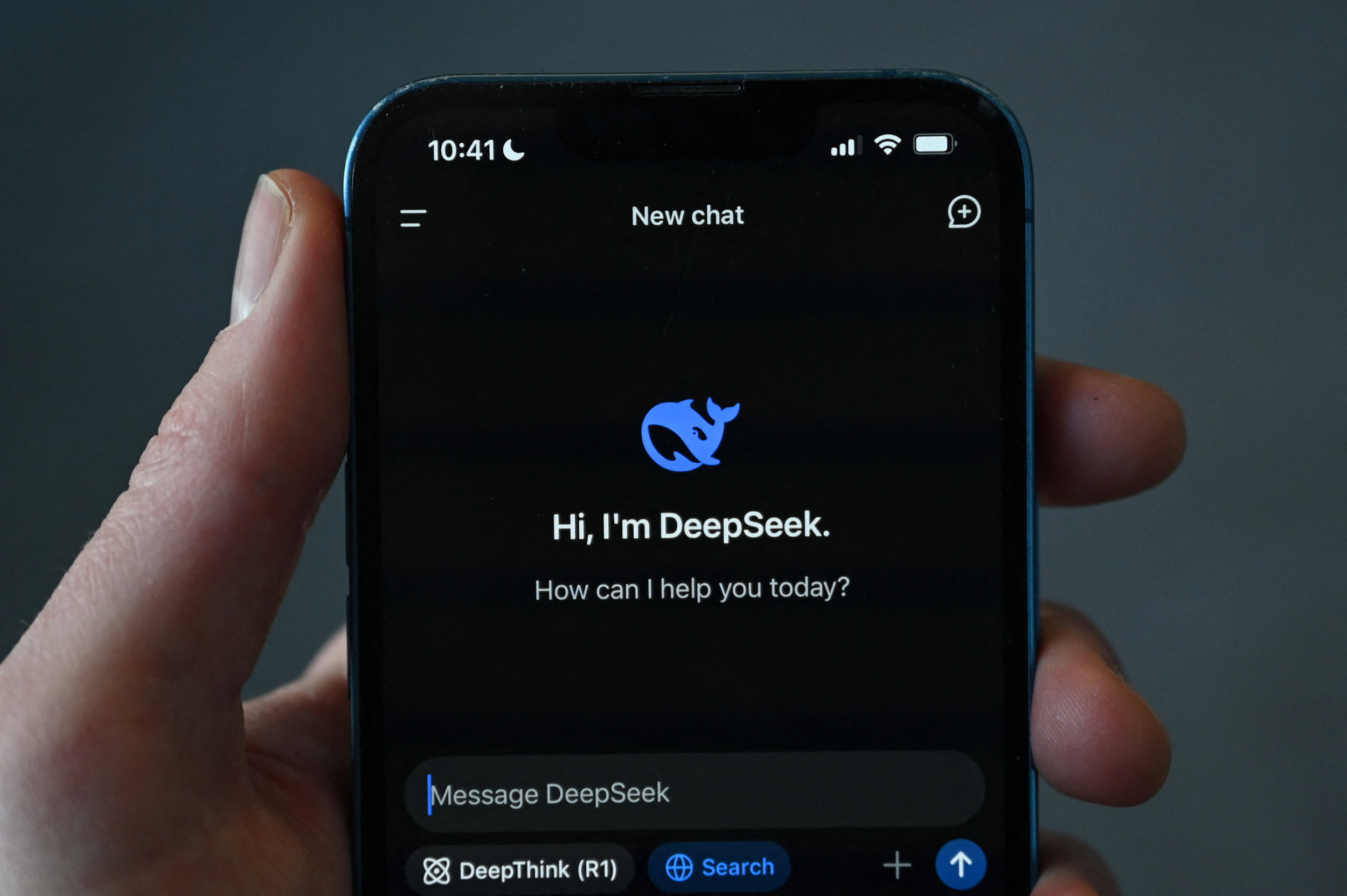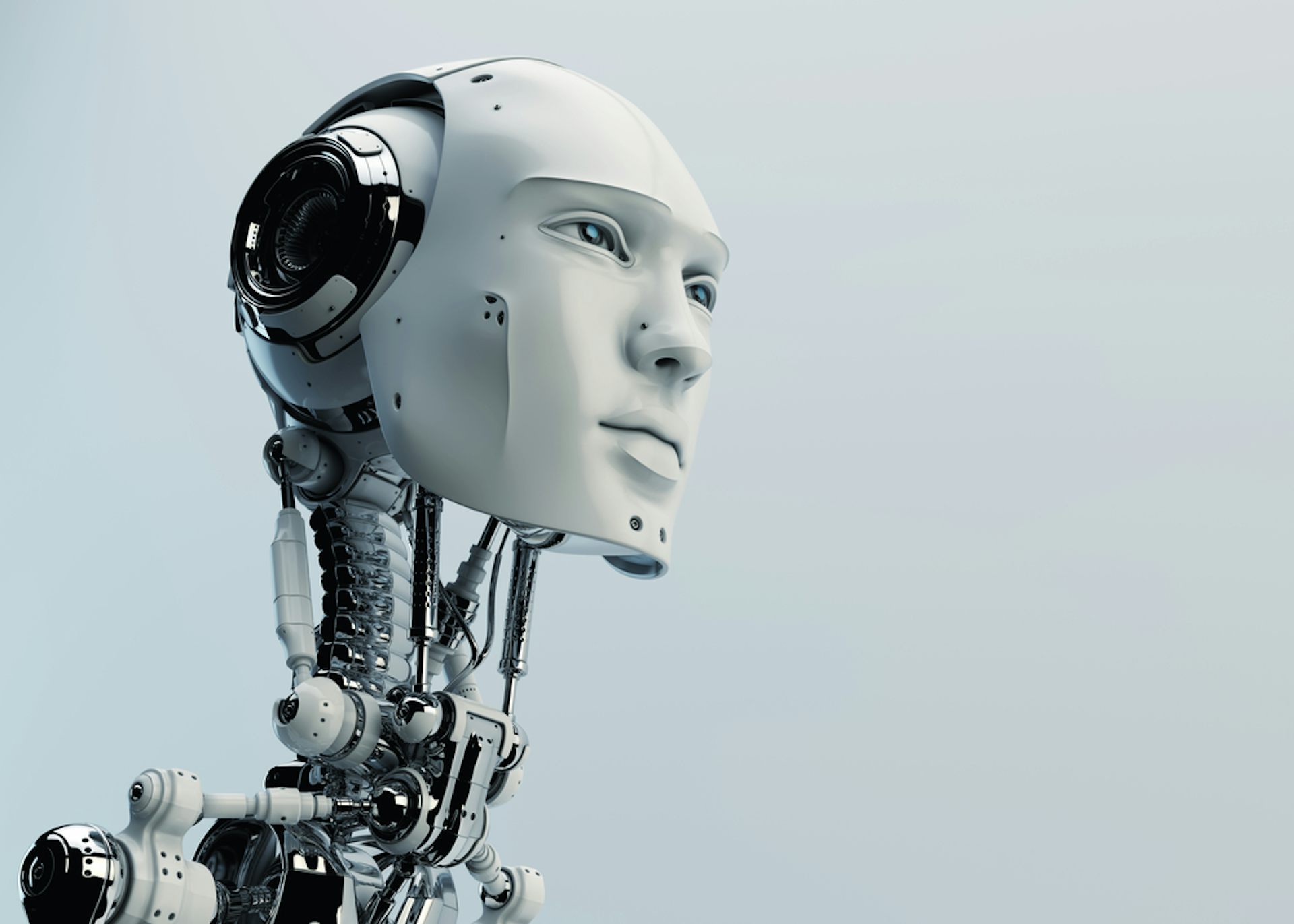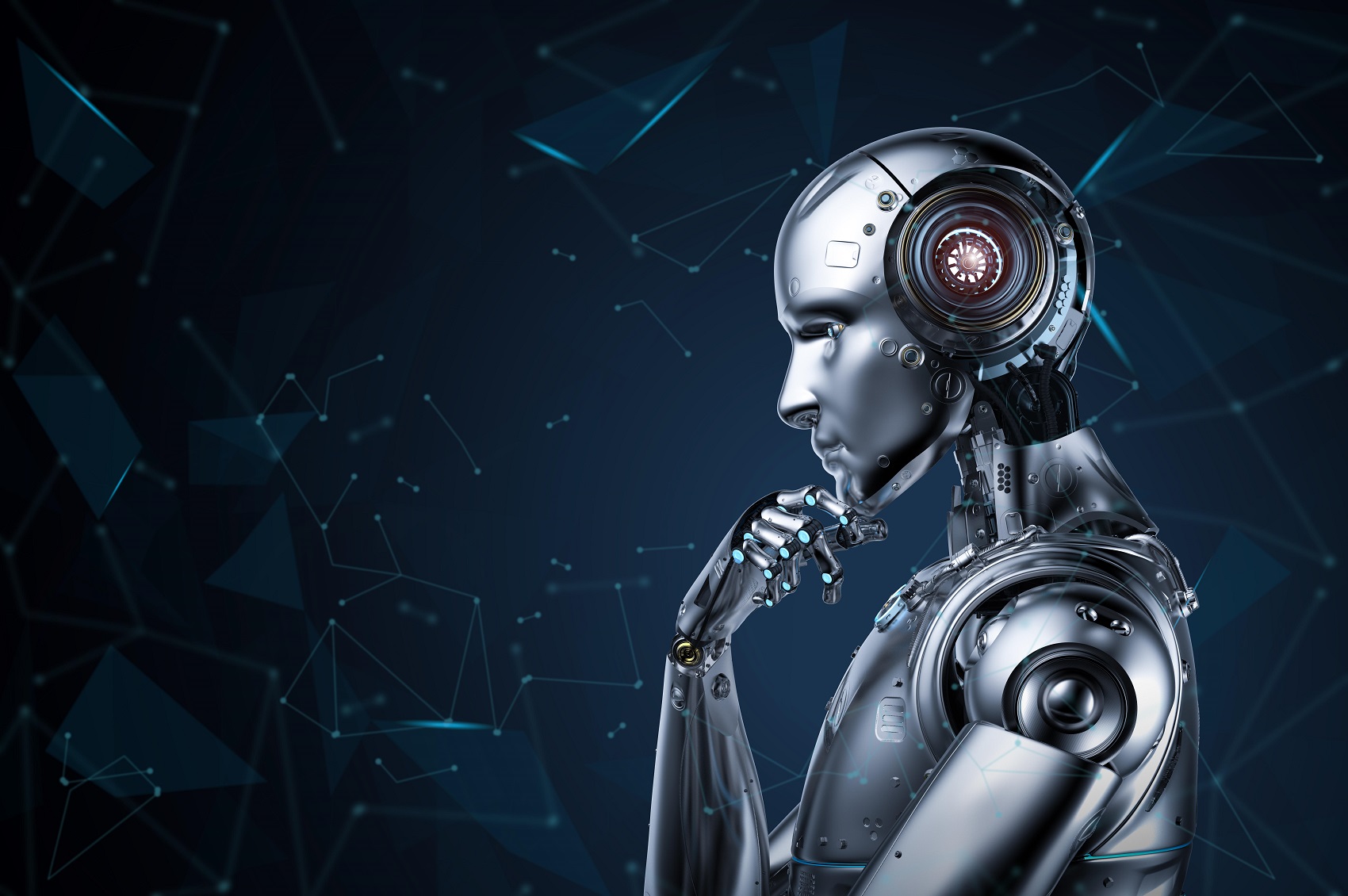Lower-cost AI tools might improve tasks by giving more workers access to the technology.
- Companies like DeepSeek are establishing low-priced AI that might assist some workers get more done.
- There could still be risks to employees if employers turn to bots for easy-to-automate tasks.
Cut-rate AI may be shaking up industry giants, but it's not likely to take your task - a minimum of not yet.
Lower-cost methods to establishing and training expert system tools, from upstarts like China's DeepSeek to heavyweights like OpenAI, will likely enable more people to acquire AI's performance superpowers, industry observers told Business Insider.
For numerous employees stressed that robots will take their jobs, that's a welcome advancement. One frightening possibility has actually been that discount AI would make it much easier for companies to switch in low-cost bots for costly humans.
Obviously, that could still happen. Eventually, the technology will likely muscle aside some entry-level employees or those whose roles largely include repeated tasks that are easy to automate.

Even greater up the food chain, personnel aren't necessarily complimentary from AI's reach. Salesforce CEO Marc Benioff stated this month the company may not work with any software engineers in 2025 due to the fact that the company is having a lot luck with AI representatives.
Yet, broadly, for lots of workers, lower-cost AI is likely to broaden who can access it.
As it ends up being cheaper, it's much easier to incorporate AI so that it ends up being "a sidekick instead of a hazard," Sarah Wittman, an assistant teacher of management at George Mason University's Costello College of Business, informed BI.

When AI's rate falls, she said, "there is more of an extensive acceptance of, 'Oh, this is the way we can work.'" That's a departure from the frame of mind of AI being an expensive add-on that companies may have a difficult time justifying.
AI for all
Cheaper AI could benefit employees in areas of a company that frequently aren't viewed as direct earnings generators, Arturo Devesa, primary AI architect at the analytics and information business EXL, told BI.
"You were not going to get a copilot, possibly in marketing and HR, and now you do," he said.
Devesa stated the path revealed by companies like DeepSeek in slashing the cost of developing and implementing large language designs changes the calculus for companies choosing where AI might settle.

That's because, for the majority of large companies, utahsyardsale.com such decisions consider expense, accuracy, wiki.snooze-hotelsoftware.de and speed. Now, with some expenditures falling, the possibilities of where AI could show up in a workplace will mushroom, Devesa stated.
It echoes the axiom that's unexpectedly everywhere in Silicon Valley: "As AI gets more effective and available, we will see its use skyrocket, turning it into a product we just can't get enough of," Microsoft CEO Satya Nadella composed on X on Monday about the so-called Jevons paradox.
Devesa said that more productive workers won't always reduce demand for people if employers can establish new markets and brand-new sources of profits.

Related stories
AI as a product
John Bates, CEO of software application business SER Group, told BI that AI is becoming a product much quicker than anticipated.
That implies that for tasks where desk employees may require a backup or someone to confirm their work, inexpensive AI might be able to action in.
"It's terrific as the junior understanding employee, the thing that scales a human," he stated.
Bates, a previous computer technology teacher at Cambridge University, stated that even if a company already planned to use AI, the minimized costs would improve return on financial investment.

He likewise stated that lower-priced AI could give little and medium-sized services simpler access to the technology.
"It's simply going to open things as much as more folks," Bates said.
Employers still need humans
Even with lower-cost AI, humans will still have a location, stated Yakov Filippenko, CEO and founder of Intch, which assists experts find part-time work.
He said that as tech firms contend on rate and drive down the expense of AI, many companies still won't aspire to get rid of workers from every loop.
For instance, Filippenko stated business will continue to require designers because somebody needs to validate that brand-new code does what a company desires. He stated companies hire employers not simply to complete manual work; bosses also want an employer's viewpoint on a candidate.
"They pay for trust," Filippenko said, describing companies.

Mike Conover, CEO and creator of Brightwave, a research platform that uses AI, informed BI that an excellent piece of what individuals carry out in desk tasks, in particular, consists of tasks that might be automated.
He said AI that's more widely offered since of falling expenses will enable humans' imaginative capabilities to be "released up by orders of magnitude in terms of the elegance of the issues we can resolve."

Conover thinks that as prices fall, AI intelligence will likewise infect even more areas. He stated it belongs to how, years ago, the only motor in a car may have been under the hood. Later, as electric motors diminished, they revealed up in locations like rear-view mirrors.
"And now it's in your tooth brush," Conover said.
Similarly, Conover said omnipresent AI will let experts create systems that they can customize to the requirements of jobs and workflows. That will let AI bots manage much of the dirty work and allow employees prepared to try out AI to handle more impactful work and possibly move what they have the ability to focus on.






